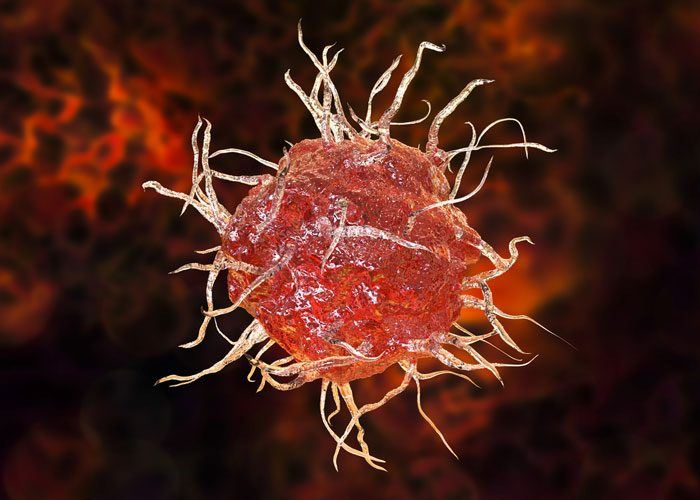APC Assay
Creative Biolabs is a leading contract research company offering T-cell epitopes discovery services to accelerate cancer drug discovery programs. Our world-class management team has significant experience in the prediction and validation of T cell epitopes, which enables us to offer comprehensive immunogenic screening services for T cell epitopes to our global customers, including HLA stabilization assay, T-cell sensitization experiments, and APCs assay.
Antigen-presenting cells (APCs) play a very important role in the generation of tumor-specific immune responses, especially dendritic cells (DCs). Tumor antigen recognition requires APC (such as DC) to present the epitopes with human leukocyte antigen (HLA, also known as major histocompatibility complex, MHC) class II molecules on the cell surface. DCs processes the antigen into small peptides consisting of 13-18 amino acids, and then the HLA-II-peptide complex activates both antigen-specific cytotoxic and Th cells. In recent years, many studies have used DCs as APCs to stimulate primary and secondary immune responses, even to tumor antigens with poor immunogenicity, to enhance anti-tumor immune responses. Therefore, APCs assay is important for the screening of T cell epitopes and antigen recognition. Creative Biolabs has an advanced technology platform and a team of experienced experts in APCs assay, which enables us to provide our customers with superior APCs assay services to meet their diverse needs.
APCs Description

|
DCs are considered the most potent APCs because of their ability to capture and present antigens to naive T cells. They can be easily generated from the monocytic fraction of peripheral blood by culturing in GM-CSF and IL-4, followed by maturation, for example, with TNF α. In addition to using cytokines as a maturation signal, we also use polyriboinosinic-polyribocytidylic acid (poly I:C), a synthetic molecule composed of double-stranded RNA (to induce maturation), to generate DCs in serum-free medium. We provide the assay of the validity of the inclusion of these factors, and phenotypic analysis of these cells. |
In order to provide an enhanced population of APCs, an attractive tool developed recently for activation and expansion of peptide-specific T cells in vitro is artificial APCs, known as aAPCs. aAPCs can be generated by coupling HLA immunoglobulin (Ig) and anti-CD28 onto magnetic beads. These artificial cells have several unique advantages over natural APCs, including DCs: they can be prepared and stored for long-term use without loss of activity and, more importantly, they can be adopted easily using different HLA complexes for different HLA-specific responses. The aAPCs allows the precise control of the MHC density, enabling selective elicitation of high-or low-avidity antigen specific cytotoxic lymphocyte responses.
Services
With years of experience and extensive expertise in immunology, Creative Biolabs provides high-quality APCs (DCs and aAPCs) assay service. Our APCs assays can be used for the evaluation of the specificity of T cells, the recognition of antigens by T cells, and the detection of antigen-specific induction of gamma interferon (IFN-γ) mRNA, etc. These APCs assays include, but are not limited to, the following:
- Quantitative real-time reverse transcription PCR (qRT-PCR) assay
- Enzyme-linked immunosorbent (ELISA) assay
- Enzyme-linked immunospot (ELISPOT) assay
- Fluorescence-activated cell sorting (FACS) assay
Creative Biolabs’ professional research services provide valuable support to target discovery for cancer immunotherapy and drug development pipelines. In addition to APCs assays, our experienced and skilled technical team can work with you to provide custom protocols and personalized service of the highest standard. For more information, please contact us directly.
For Research Use Only.
